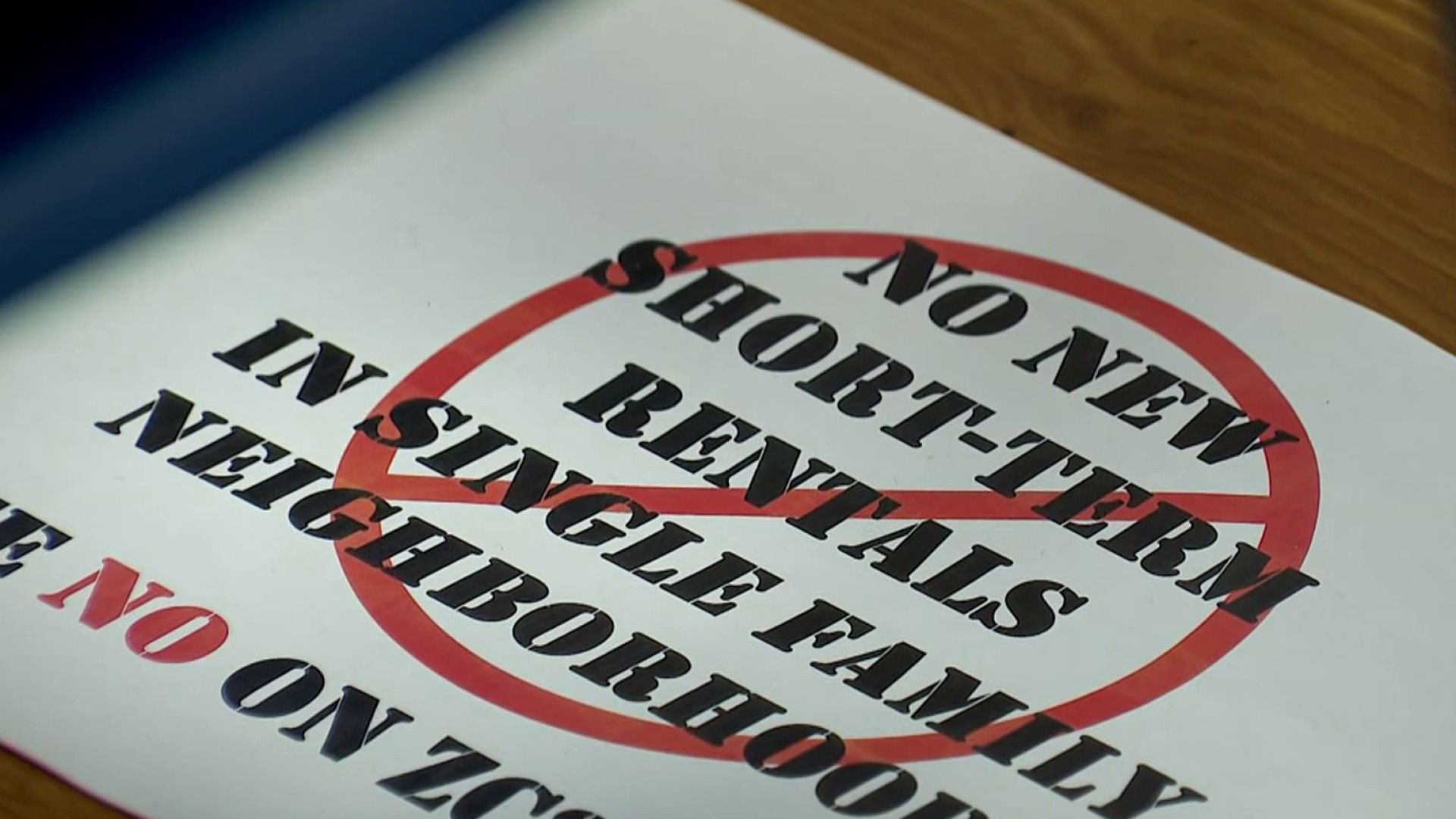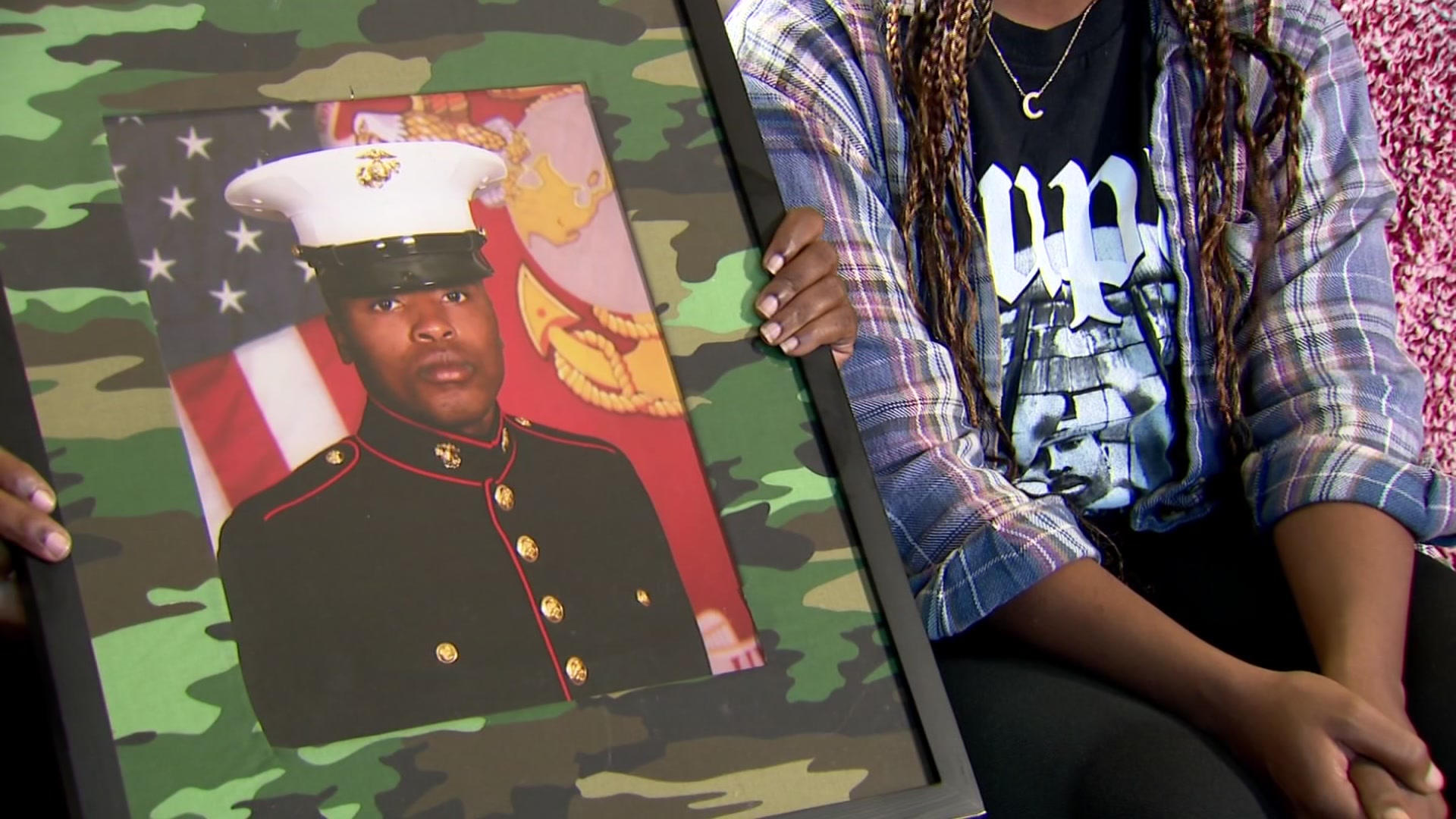At a time when the relationship between minority communities and the police departments who serve them seems beyond repair, social justice advocates are working with Dallas police officers to find a solution.
And the effort is creating some surprising allies.
"In order for us to be successful in this country, and particularly in the city of Dallas, we've got to sit at the table – community activists and police officers – and have a true and honest dialogue about what's going on in this country," said Cory Hughes, a local activist who has been on the front lines of protests in Dallas calling for police reform.
On a mild Wednesday afternoon Hughes joined several Dallas police officers from the Southwest Division on their daily foot patrol. The sight of Hughes laughing and joking with officers is a far cry from the images that have come to symbolize the strained relationship between police and communities of color.
"We are not anti-cop. I say that at every protest," Hughes said. "The reality is some of the greatest advice I got coming up as a teenager was from a police officer. I think if there's going to be healing in this community and across the country, that conversation has to be had."
In the months following the deadly July 7 ambush, activists with the Next Generation Action Network met with former Dallas Police Chief David Brown to discuss police reform.
The group made a list of demands and the two sides reached a compromise that led to a change in the department's policies. After Brown retired, direct talks stopped but the conversation continues on the street every day.
Local
The latest news from around North Texas.
"Half of what I do out here is doing some of the stuff you saw (Chief Brown) do – meeting with people who may have problems with the department, and resolving those issues before they become a big problem," said Sgt. Gerald Runnels.
In order to have these conversations, Runnels and his officers rely on community policing. They make time to speak with residents face-to-face on a daily basis, even when the conversation strays toward difficult topics like race, violence and use of force by police officers.
"Most citizens can't separate us from other police officers across the country. All they see on the TV is that police did this to some innocent citizen. So, as a result, they see you in a uniform, in a marked squad car, and they want to know, 'Are you like that officer who shot that unarmed person for no reason?' You have to take your time out as a police officer to explain to them," he said.
That is how trust is being built in West Dallas.
Longtime resident Debbie Solis remembers a time when officers wouldn't even come to her street. Sitting down with Runnels' officers in a local church, Solis wants to avoid a repeat of that painful history. It's why community leaders like herself and Pastor Rayford Butler meet regularly with police.
"When I know what kind of people they are, I know what kind of police they are," Butler said. "I have seen the transition from where it was to where it is, and its 100-percent better today than it was. The question still is: what do you want to do differently?"
Though you may not see it, the city is working to answer that question. Dallas police officers are willing to engage activists like Hughes to work toward a safer and stronger Dallas.
"I might not agree with everything Cory's got to say, but we're going to find a happy medium right there," said Officer Roberto Perez. "I want to respect him at the end of the day, because I've got a job to do also."
Hughes wants the same thing. He'll continue to fight for police reform and support the department. He believes his future and his son's future depend on having an open dialogue.
"We want to have a conversation so that healing can take place and that trust can be rebuilt in this community with Dallas police officers," he said.
Copyright, 2013, Weldon Cooper Center for Public Service, Rector and Visitors of the University of Virginia (Dustin A. Cable, creator)
Map data by OpenStreetMap, under CC-BY-SA. Image Copyright, 2013, Weldon Cooper Center for Public Service, Rector and Visitors of the University of Virginia (Dustin A. Cable, creator)



